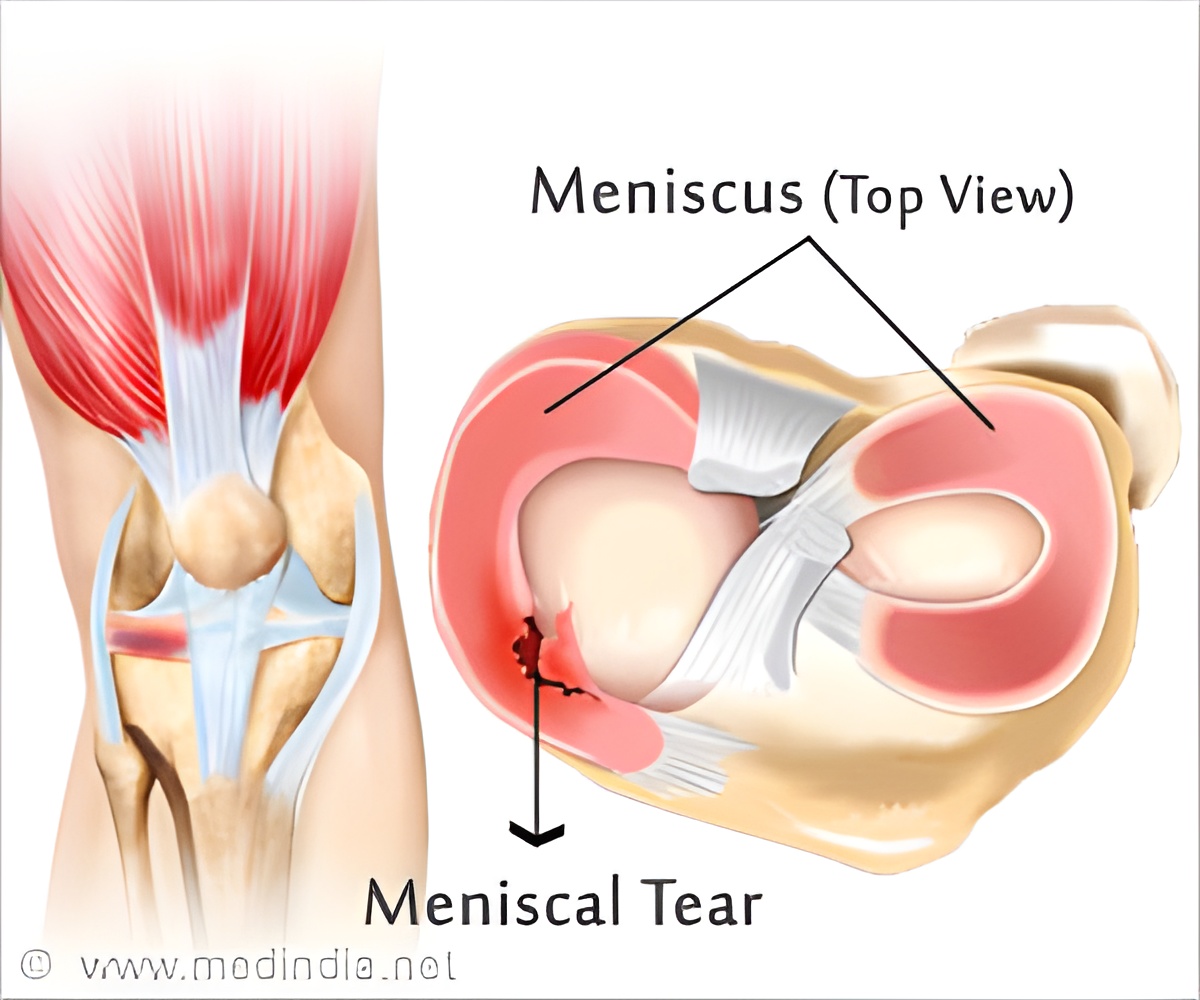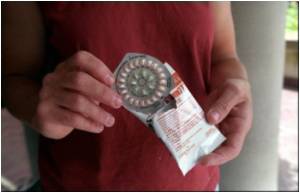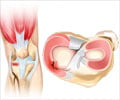Middle aged patients with degenerative meniscal tear and no radiographic evidence of osteoarthritis should consider supervised structured exercise therapy.

‘Arthroscopic knee surgery offers little benefit for most patients, supervised exercise therapy be considered as a treatment option for middle-aged patients with knee damage.’





The researchers carried out a randomised controlled trial for the study to compare exercise therapy with arthroscopic surgery among middle-aged patients with degenerative meniscal tears. They identified 140 affected adults (average age 50 years), almost all of whom had no definitive x-ray evidence of osteoarthritis. Half of the patients received a supervised exercise programme over 12 weeks (two-three sessions each week) and half received arthroscopic surgery followed by simple daily exercises to perform at home. Thigh muscle strength was assessed at three months and knee function was recorded at two years.
No clinically relevant difference was found between the two groups for outcomes such as pain, function in sport and recreation, and knee-related quality of life. At three months, muscle strength had improved in the exercise group of patients.
No adverse events occurred in either group during the two-year follow-up. Of all participants in the exercise group, 13 crossed over to surgery during the follow-up period -- with no additional benefits.
"Supervised exercise therapy showed positive effects over surgery in improving thigh muscle strength, at least in short term. Our results should encourage clinicians and middle aged patients with degenerative meniscal tear and no radiographic evidence of osteoarthritis to consider supervised structured exercise therapy as a treatment option," University of Helsinki researcher Teppo Jarvinen said.
Advertisement















